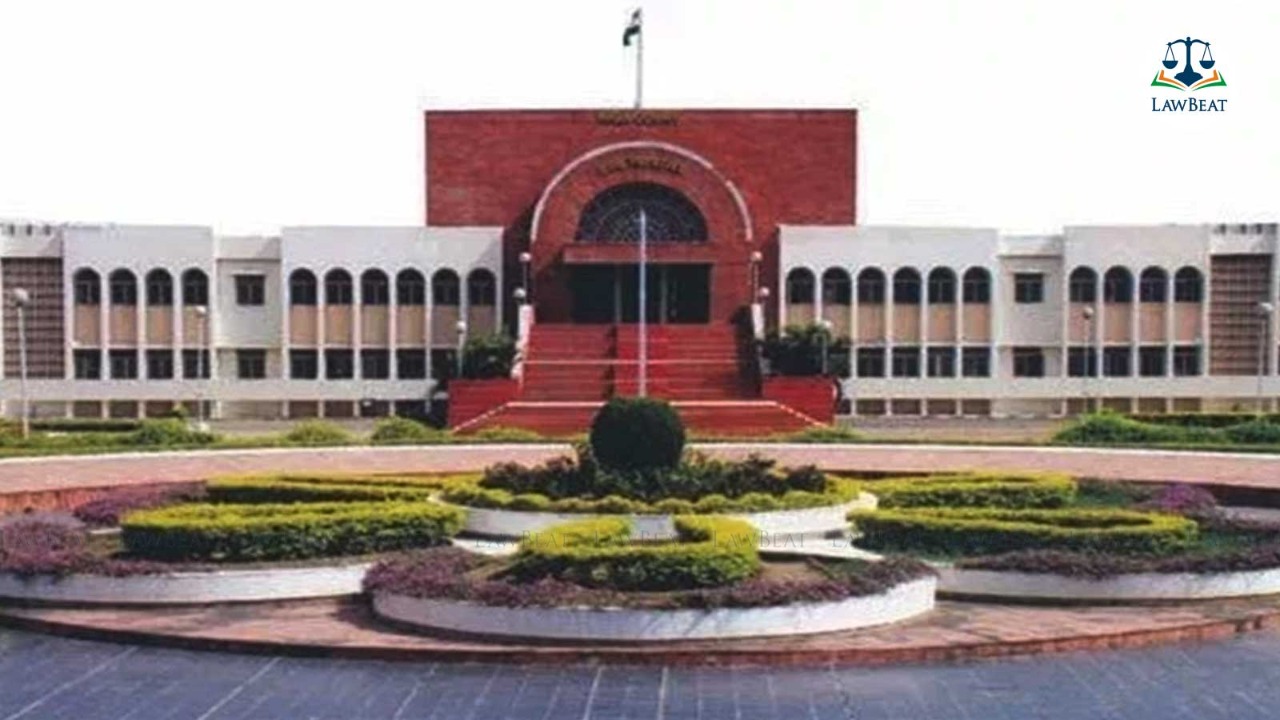Bombay High Court Imposes Rs 1k Cost on Accused for Disclosing Identity of Rape Victim

The high court in its order recorded that the appellant was aware that Section 376 had been added and that it was necessary to mask the identity of the victim.
A division bench of the Bombay High Court at Aurangabad comprising Justice Vibha Kankanwadi and Justice YG Khobragade has recently imposed cost of Rs 1000 on an accused for disclosing the name of the rape victim i.e., the original informant while supplying the documents to the high court.
“In view of the decision of this Court in Sajjan s/o Hirchand Gusinge Vs. The State of Maharashtra and another, [Criminal Appeal No.869 of 2022 decided on 08.02.2023], this Court has observed that the photographs along with the charge-sheet should also be presented by the investigating officer in sealed envelope and even when it comes to production of any such document, utmost care should be taken that the identity of the victim is not disclosed in view of Section 228 of the Indian Penal Code. Those directions have not been followed and, therefore, we propose to impose cost,” the bench noted
The high court said that the appellant was aware of the fact that Section 376 had been added and it was necessary to keep the identity of the victim masked.
“The appellants were aware about the fact that Section 376 of Indian Penal Code has been added. Under such circumstance, it was necessary to keep the identity of the informant under mask. Though she has been made as respondent her name is masked, but when it come to the documents i.e. Nikahnama, affidavits and documents under the charge-sheet i.e. photographs, which disclosed that they were of the prosecutrix informant,” the court stated.
The high court directed the accused to deposit a cost of Rs. 1000 with the High Court Legal Services Sub Committee.
"Appellant – Rijwan s/o Karim Shaikh to deposit cost of Rs.1,000/- with the High Court Legal Services Sub Committee, Aurangabad within a period of two weeks," the order reads
The high court was hearing an appeal filed by the accused, his wife, and his brother seeking relief in a case where the accused was charged under the Indian Penal Code and the Scheduled Castes and Scheduled Tribes (Prevention of Atrocities) Act, 1989. The accused was seeking bail, while his wife and brother were seeking pre-arrest bail from the high court.
The victim in the matter had alleged that she met the accused in 2018 and despite her belonging to the Scheduled Caste, the accused expressed his love for her and even offered to marry her. However, he suggested that she stays at her house and obtains permission from her family members for the marriage. From 2018 to 2019, they had sexual intercourse, but the victim insisted on getting married while the accused continued to avoid it.
Later, the victim discovered that the accused had misrepresented his religion to her and he was already married and had two daughters. The victim was pregnant but was she was forced to undergo an abortion by the accused. He then demanded that she should convert to Islam before he would agree to marry her, and she agreed to his demands. After their marriage, the victim moved in with the accused, but his wife and brother would frequently visit and abused her based on her caste.
An FIR was registered based on these events, and the wife and brother were charged under Sections 498-A, 323, and 504 of IPC. However, on the supplementary statement filed by the victim, they were charged under the Atrocities Act.
In its order, the court noted that nobody had heard the victim's abuse and that abuse inside the house cannot be considered a public place, and thus, cannot attract Section 3(1)(r) and 3(1)(s) of the Atrocities Act.
The high court relied on a Supreme Court decision, which stated that if a prima facie case is not made against the accused invoking the Atrocities Act, then such accused can be released on bail under Section 438 of the Code of Criminal Procedure. Accordingly, the high court granted bail to the accused and pre-arrest bail to the wife and brother.
Moreover, the high court also opined that it was debatable whether the informant could still be regarded as a member of the Scheduled Caste after conversion or not.
Case Title: Rijwan s/o Karim Shaikh vs State of Maharashtra & Ors
